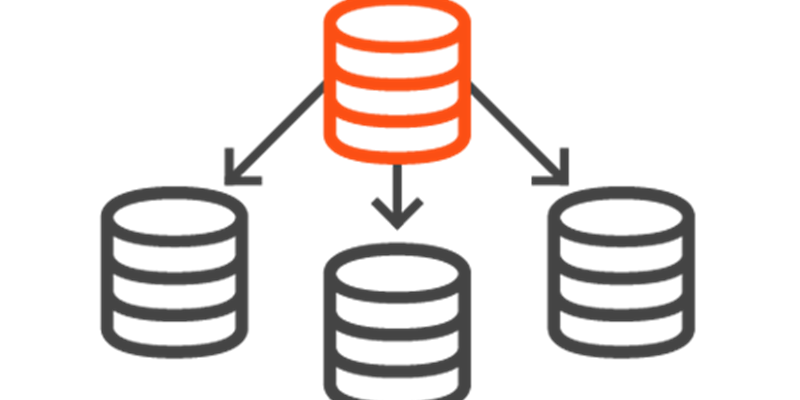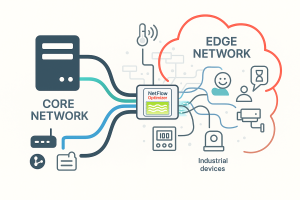Replicating data into the cloud offers numerous advantages for organizations, enhancing their data management strategies and overall efficiency. Here are the key benefits:
Disaster Recovery and Data Resilience
Cloud data replication ensures that your data is backed up and stored in multiple, geographically dispersed data centers. This redundancy means that if one data center experiences an outage or data loss, your data remains secure and accessible from another location. This capability significantly enhances disaster recovery efforts and overall data resilience.
Scalability and Flexibility
Cloud platforms provide the flexibility to easily scale resources up or down as needed. This means your data can grow with your business, adapting to fluctuating workloads and data demands. Such scalability is particularly valuable for organizations experiencing rapid growth or seasonal variations in demand.
Geographic Reach
With data centers located around the globe, cloud providers enable you to replicate data across different regions. This global distribution reduces latency and improves the user experience for a diverse and geographically dispersed user base. In case of a regional outage, users can seamlessly access data from another region, ensuring uninterrupted service.
Cost Efficiency
By replicating data into the cloud, organizations can avoid the capital expenses associated with maintaining on-premises hardware. Cloud services often offer pay-as-you-go pricing models, allowing you to pay only for the storage and resources you actually use, resulting in significant cost savings.
High Availability
Cloud data replication can be configured to provide high availability, ensuring that your applications and services have continuous access to data. Replicating data across multiple data centers reduces downtime and improves overall system reliability.
Data Mobility
Cloud data replication simplifies the migration of data between different cloud services or between on-premises systems and the cloud. This mobility facilitates data consolidation, cloud adoption, and seamless technology transitions, providing greater flexibility in managing your data infrastructure.
Security and Compliance
Leading cloud providers invest heavily in security and compliance measures. Data replication into the cloud enhances security through encryption, robust access controls, and compliance with various regulatory standards. This helps organizations meet legal and regulatory requirements while safeguarding their data.
Simplified Maintenance and Upkeep
Offloading data management to the cloud means that organizations no longer need to manage and maintain their own hardware and infrastructure. This reduction in maintenance tasks allows IT teams to focus on strategic initiatives rather than routine upkeep, improving overall productivity.
Data Analytics and Machine Learning
Cloud platforms offer advanced tools and infrastructure for data analytics and machine learning. By replicating data into the cloud, organizations can easily access and leverage these tools to gain insights and drive innovation, turning raw data into valuable information.
Conclusion
In summary, data replication into the cloud provides a wide range of benefits, including enhanced data resilience, scalability, cost efficiency, and accessibility. It empowers organizations to leverage the cloud’s capabilities for effective data management, platform interoperability, and advanced analytics. By adopting cloud data replication, organizations can ensure their data remains secure, accessible, and primed for growth and innovation.











